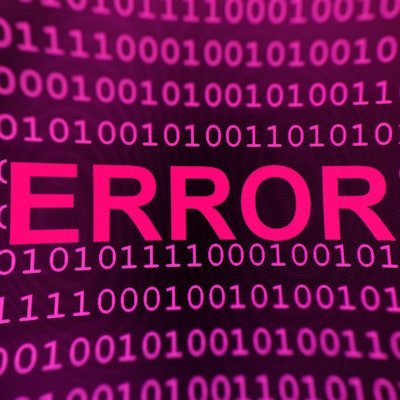
Delta Dental of California experienced a system error that resulted in the insurer mistakenly processing and paying for patients' crown procedures. The error affected about 350 self-funded employer groups, according to a report by the California Dental Association.
The mistake affected claims filed between October 13, 2018, and January 10, 2019, and resulted in the insurer paying for patient crowns before it was required to cover them. Delta Dental has a five-year limit on crown replacements. Patients are responsible for any payments of dental services that were received before the five years passed.
Dentists and Delta Dental enrollees who have not yet received adjusted claims statements will receive them soon. About 1,000 California dentists began receiving statements the week of October 21.
Dentists can either refund overpayments to Delta Dental of California and, then, seek payments from patients or file a dispute.
Clinicians must complete a provider dispute form with the insurance company within 30 days of the date of the notice, contesting the recoupment demand. Reprocessed crown procedure codes resulting in overpayments are D2750-D2752 and D279-D2792.
Delta Dental has the right under California law to deduct automatically the overpaid amount from future claims payments no sooner than 45 days from the notification date for any dentist who fails to file a dispute.
Dental insurance expert Teresa Duncan said this mistake is a nightmare for providers.
"This will be a headache for providers who may not even be in contact with these patients," Duncan said. "The easiest method that carriers have to recoup payment from participating providers is to deduct it from upcoming payments. The appeal form will halt that process but still may not be resolved in the provider's favor."
It's important to note that these plans are all self-funded, which means they follow the Employee Retirement Income Security Act of 1974 (ERISA) rules, a federal statute, not necessarily the California insurance commission laws, Duncan noted.
"In their appeal, providers should show that they made the attempt to verify benefits (either by predetermination or benefit verification) and could suggest that employers seek the refund amount from the patients directly," she said. "Maintaining documentation of benefit verification will be helpful toward making the case that the provider acted in good faith given the plan information directly from the carrier."




















